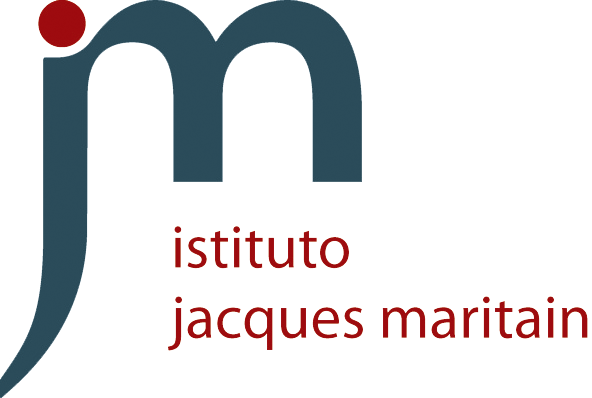Abitare il futuro tecnologico: quale dimensione politica?

Le tecnologie informatiche entrano oggi a costruire l’ambiente in cui si vive, riguardando gli assetti di sistema, le relazioni con e tra le alterità che lo abitano – umane e non umane – , i processi di costruzione del sé che sono resi possibili o vengono inibiti. La rilevanza di tali trasformazioni è anche politica, sotto diversi aspetti, e investe i modi per trovare criteri condivisi. Questo contributo intende da un lato sollevare alcune delle questioni più urgenti che derivano da questo scenario, dall’altro comprenderle nella prospettiva dell’istanza antropologica ed etica che esse pongono. L’intento non è meramente descrittivo né difensivo, ma critico e propositivo. Si mette in luce, in primo luogo, come le nuove tecnologie sviluppino da un lato forme di disintermediazione dell’informazione e dall’altro costituiscano una immediatezza solo apparente. La nuova intermediazione, mediata dall’algoritmo, funziona tramite correlazioni, profilazioni, ripetizioni. Mettendo quindi l’accento sulla qualità dell’informazione che viene prodotta, si interroga sulle trasformazioni della relazione comunicativa, in particolare in ambito socio-politico, per individuare modi e percorsi che favoriscano il contrasto delle diseguaglianze e il rispetto delle differenze.
Information technologies are involved into the construction of the environment in which we live, affecting system structures, relations with and between the othernesses that inhabit it – human and non-human, the processes of self-construction that are made possible or are inhibited. The relevance of these transformations is also political, in various aspects, and concerns the ways of finding shared criteria. This paper aims to highlight some of the most urgent questions arising from this scenario, and to understand them from the perspective of the anthropological and ethical instance they pose. The intention is not merely descriptive or defensive, but critical and proactive. First of all, it highlights how the new technologies on the one hand develop forms of disintermediation of information but on the other are an only apparent immediacy. The new intermediation, mediated by the algorithm, works through correlations, profiling and repetitions. By emphasizing the quality of the information that is produced, it questions the transformations of the communicative relationships, particularly in the socio-political sphere, in order to identify ways and paths that can contrast inequalities and respect differences.
